The Importance of Play
THE IMPORTANCE OF PLAY - PART 2: NOT JUST FOR KIDS
““Man is most nearly himself when he achieves the seriousness of a child at play.” ”
DARRYL, ISN'T PLAY JUST FOR KIDS?
Well play can be confusing for us adults; it is either seen as frivolous, deemed as foolish, or blanketed as childish activity related to relieving boredom with no well-defined goals. Adults often judge play as an unnecessary task even for their children. Instead, they encourage their children to pursue more organized activities based on education or those leaning towards “sporting” talent. Due to our warped attitudes on the subject, time for spontaneous play is more and more difficult to come by. It’s ironic that we now pay other people to teach our kids how to play!
Consider these comments by David Elkind in the American Journal of Play: [1]
““School administrators and teachers – often backed by goal-orientated politicians and parents – broadcast the not-so-suitable message that these days play seems superfluous, that at bottom play is for slackers, that if kids must play, they should at least learn something while they are doing it.””
The varied movement and physical activity encouraged by play have obvious advantages for your body, such as mitigating the effects of stress. That’s because play helps to release the body’s natural endorphins, which contribute to your overall sense of pleasure and well-being. That’s right – playing with your pet or playing games with the kids in the park also releases the same endorphins that are released after a workout or a run.
What’s less well known is that playing can also help to free up your creativity and imagination. In the workplace, so much focus is placed on bottom-line results and productivity, that we sometimes lose sight of how important play can be for creating a more innovative workplace. Ever wonder why some Silicon Valley companies have beanbags instead of chairs in the office or table football (foosball) located near meeting rooms? That’s right – spontaneous play and the freedom to act young can spark your creativity and imagination.
Play can also keep you feeling young and energetic, improving your overall mental health. It’s not how young you are; it’s how young you feel.
PROGRESSIVE AND IMAGINATIVE PLAY
There are two aspects of play that are particularly relevant to us as adults: progressive play and imaginative play.
Progressive play serves the purpose of advancement – advancing from young to old through the function of play: Imagine a kitten practising how to pounce, which is a precursor to catching prey. Or, a child learning how to climb a tree, developing tactics to manage risk as well as the ability to climb.
Imaginative play utilises techniques such as visualisation and focus to make you “work” harder. This is one reason athletes often use visualisation when training to improve their athletic performance. Research demonstrates that visualisation brings about quantifiable improvements as well as psychological changes. [2]
Studies also suggest that using mental imagery for movement can create similar electrical activity in the muscle as that seen during actual movement. [3]
READ THE OTHER IMPORTANCE OF PLAY POSTS
RELATED POSTS:
References
[1] "The Power of Play: Learning what comes naturally”, Elkind, American Journal of Play, 2008
[2] "Advances in Sport Psychology", Champaign IL, Human Kinetics, 2002
[3] "Motor Control and Learning", Champaign IL, Human Kinetics, 1999









Stuart Brown Testimonial for Darryl Edwards